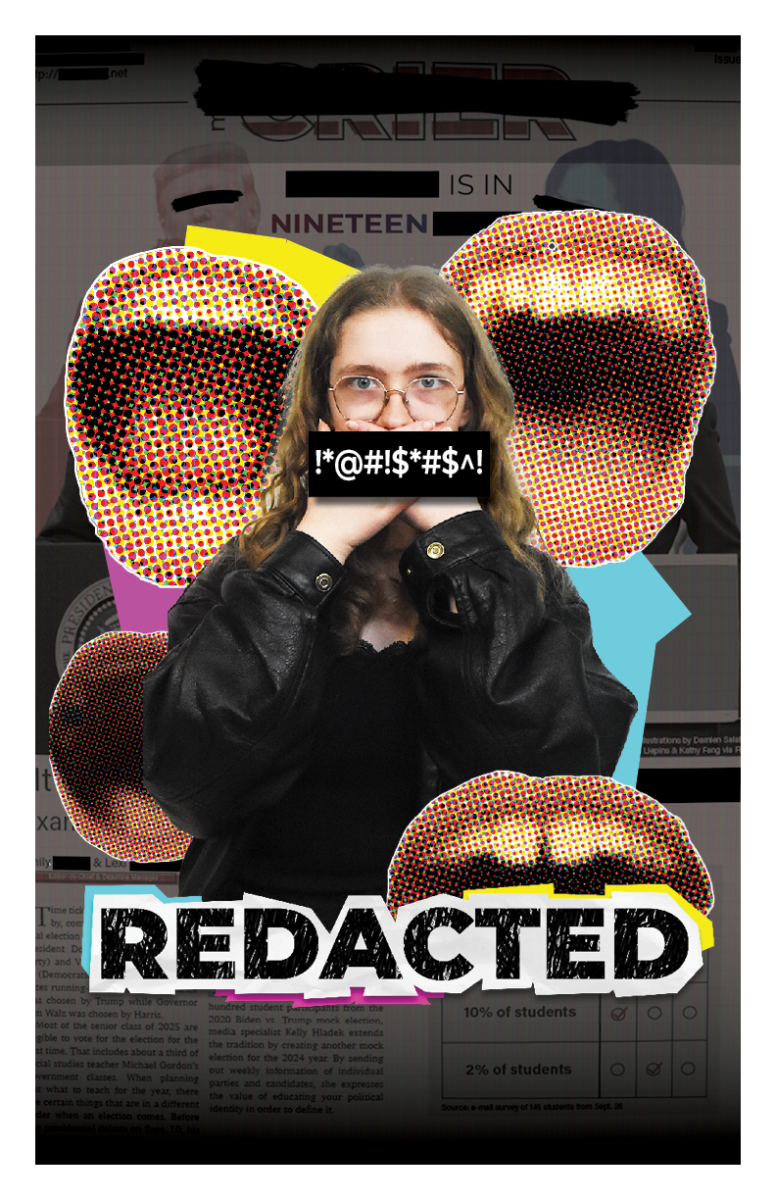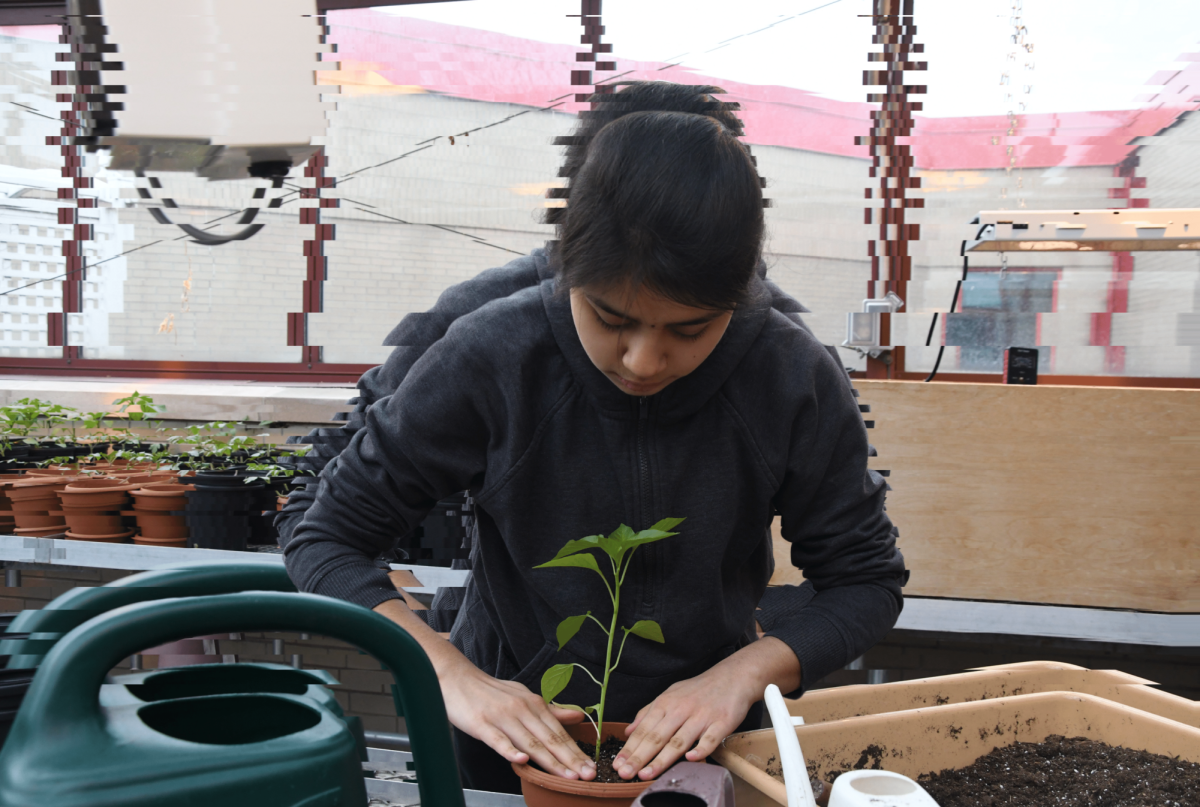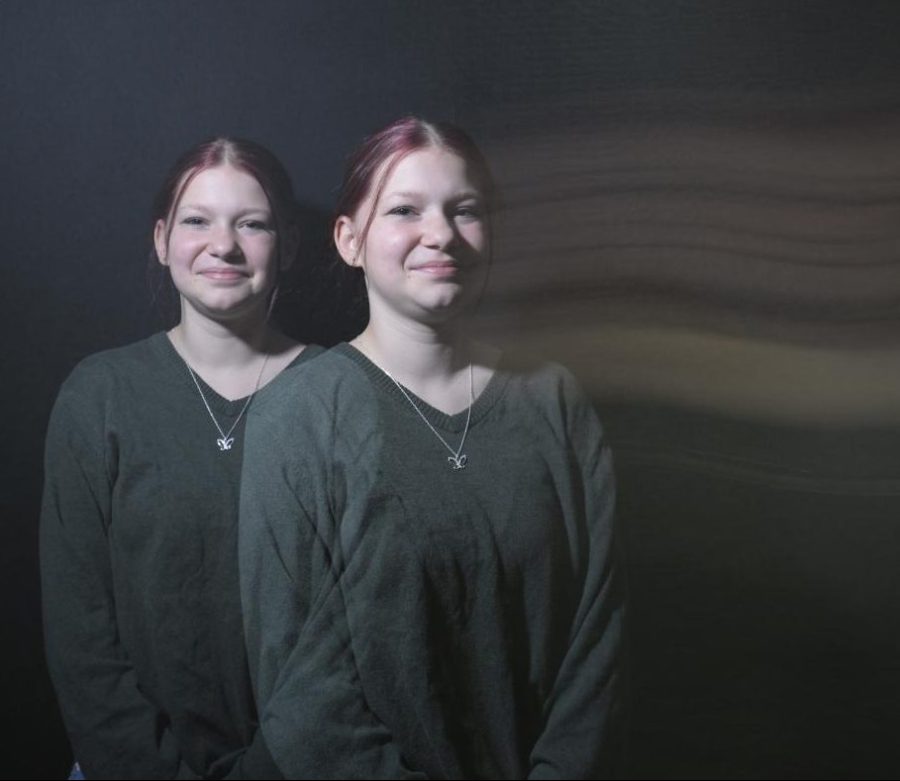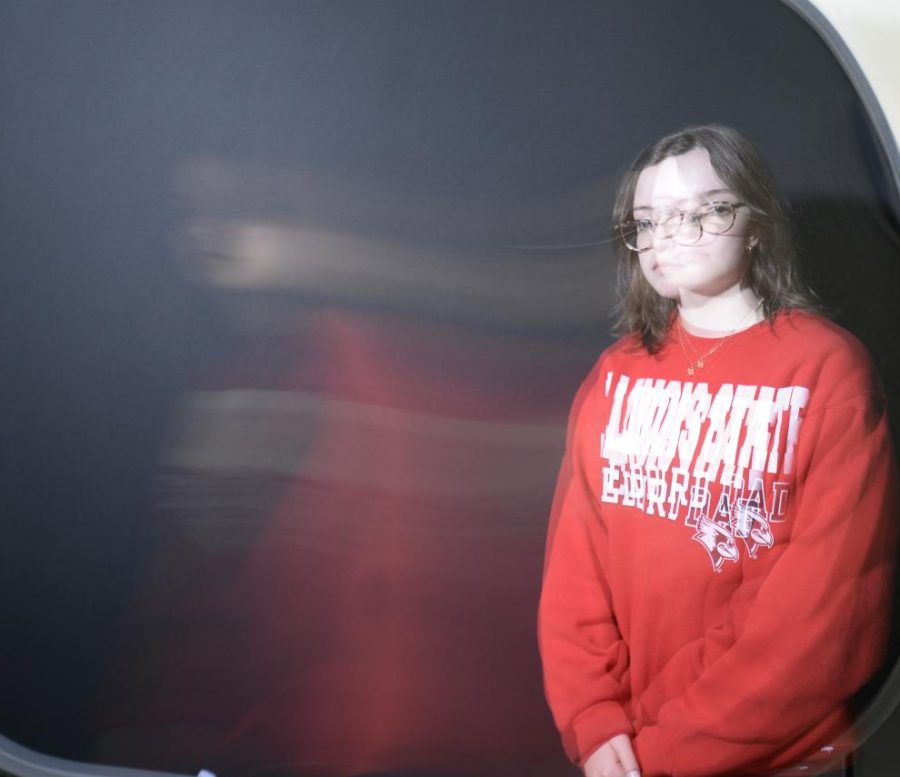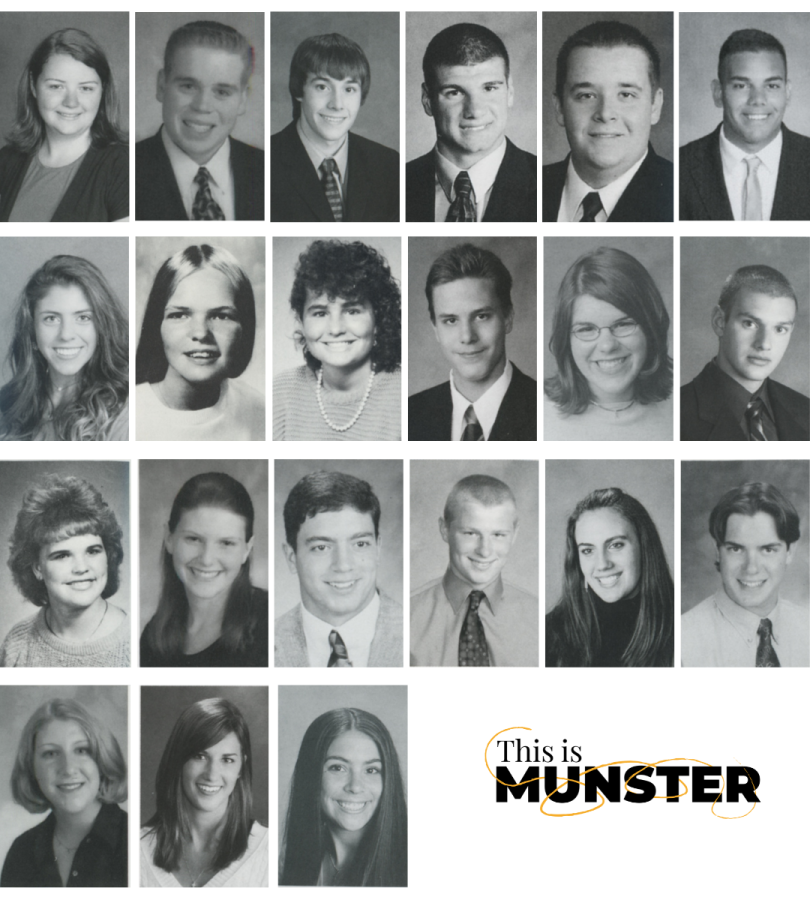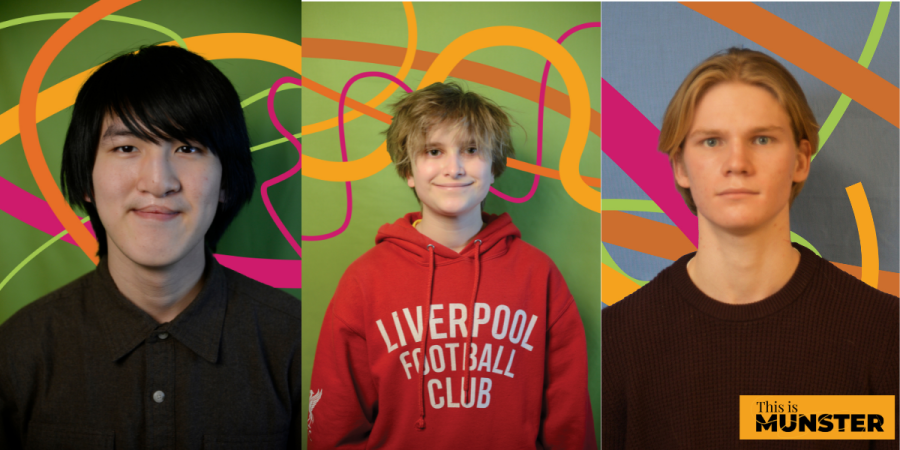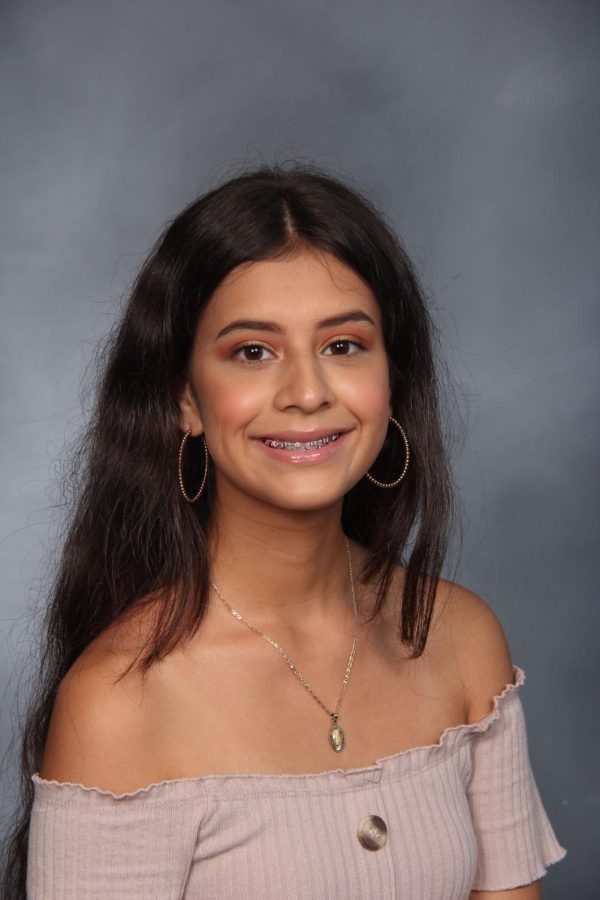Column: ‘Why would I be proud of something that makes me different?’
September 27, 2022
The first time I figured out my culture wasn’t being represented was around fifth grade. One of my cousins told me that for Hispanic Heritage Month, his school did all these different things to celebrate. I asked, “You do this every year?” It felt like other people got to celebrate and observe it, and I haven’t even heard anyone mention it.
This column is the first time that I’ve ever actively seen celebration or any kind of observance of Hispanic Heritage Month in the School Town of Munster. I’ve been going to this school district since I was six and this is the first time—my senior year.
Being Latinx affected my experience in a lot of ways—not just at this school, literally my entire life. Being Mexican American and a woman, I get teachers that look at me differently and talk down to me because of my color, my background and the way that I talk. It’s very frustrating because I know that I’m a smart person, but there have been so many times where it has really held me back because everyone else is treating you like they think that you are less than.
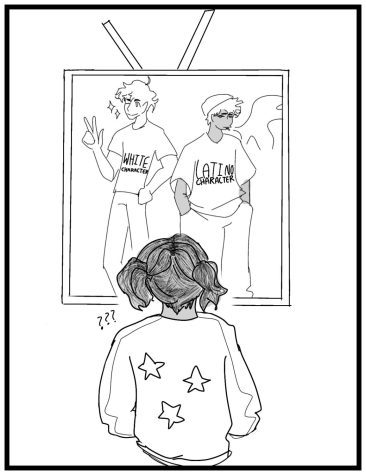
You don’t see a lot of representation and think “Why would I be proud of something that makes me different?” Growing up, I didn’t see anybody who looked like me who was smart, who was successful, who was able to just live their life and be happy. It was a lot of the drug dealer who is always getting into trouble and is no good. I want to see more representation in media about Latinx and indigenous success. I want to see people who look like me, happy and successful and because we’ve all seen stories of a Hispanic person struggling, upset and going through hard times. I want to see a Latina who worked hard for her success, who is living in a state of joy. I want to see people who look like me who are smart, who are proud and I don’t minimize their heritage so that they can fit into a stereotype.
To get to that point, it’s the little things. Let’s just incorporate Hispanic and Latinx Heritage into our curriculum. Why don’t we read stories in English about Hispanic heritage? Acknowledging Latinx history, acknowledging the culture and making accommodations for first generation or immigrant students. It makes all the difference to know that it’s being acknowledged.




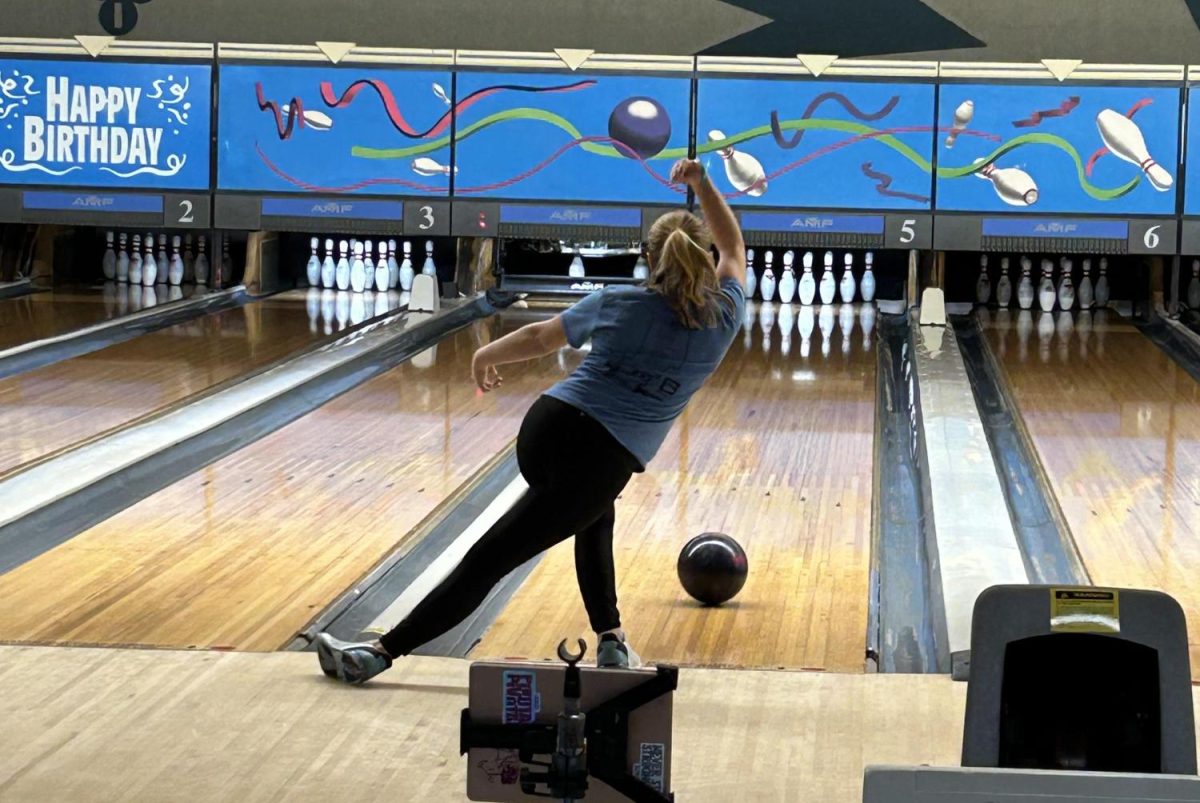
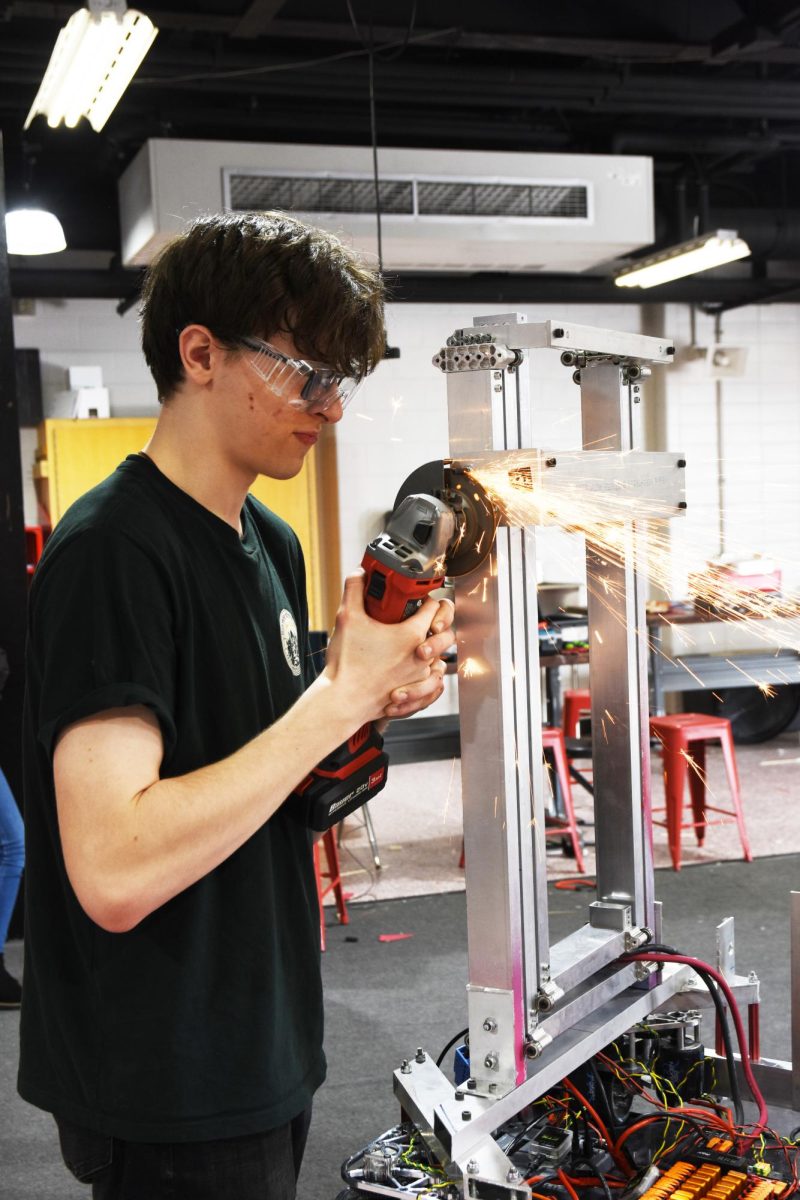




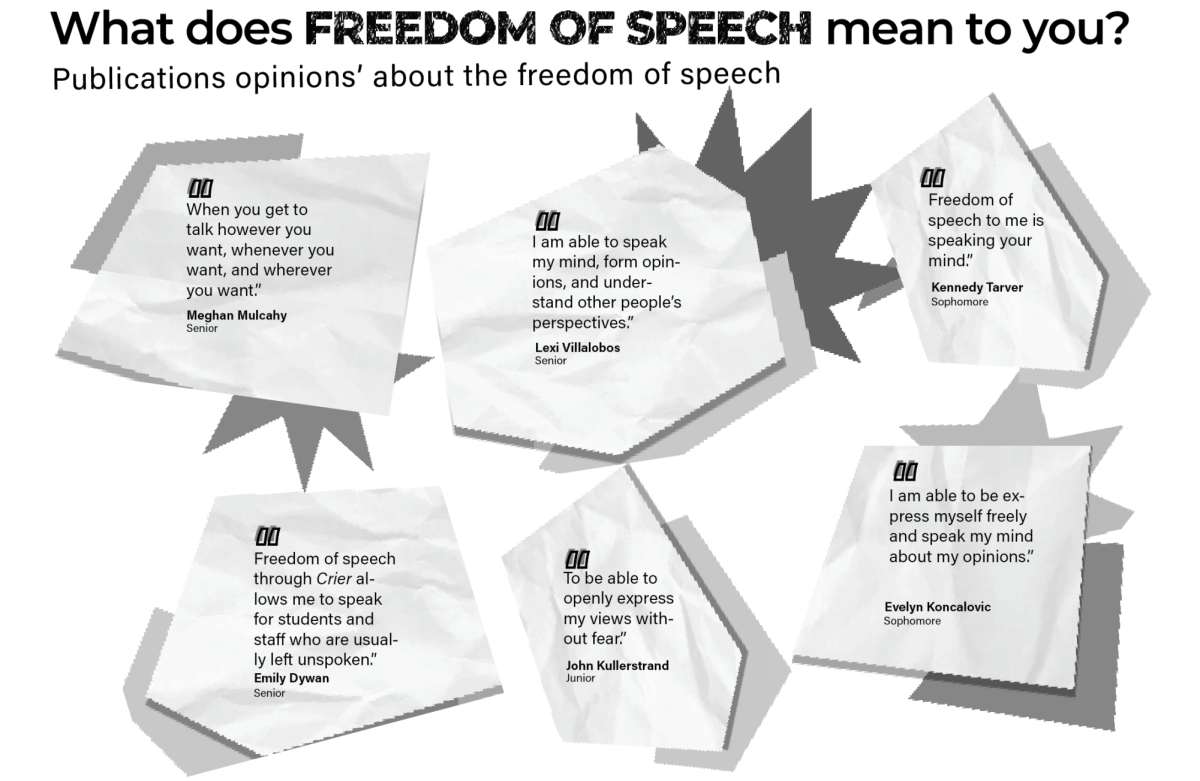





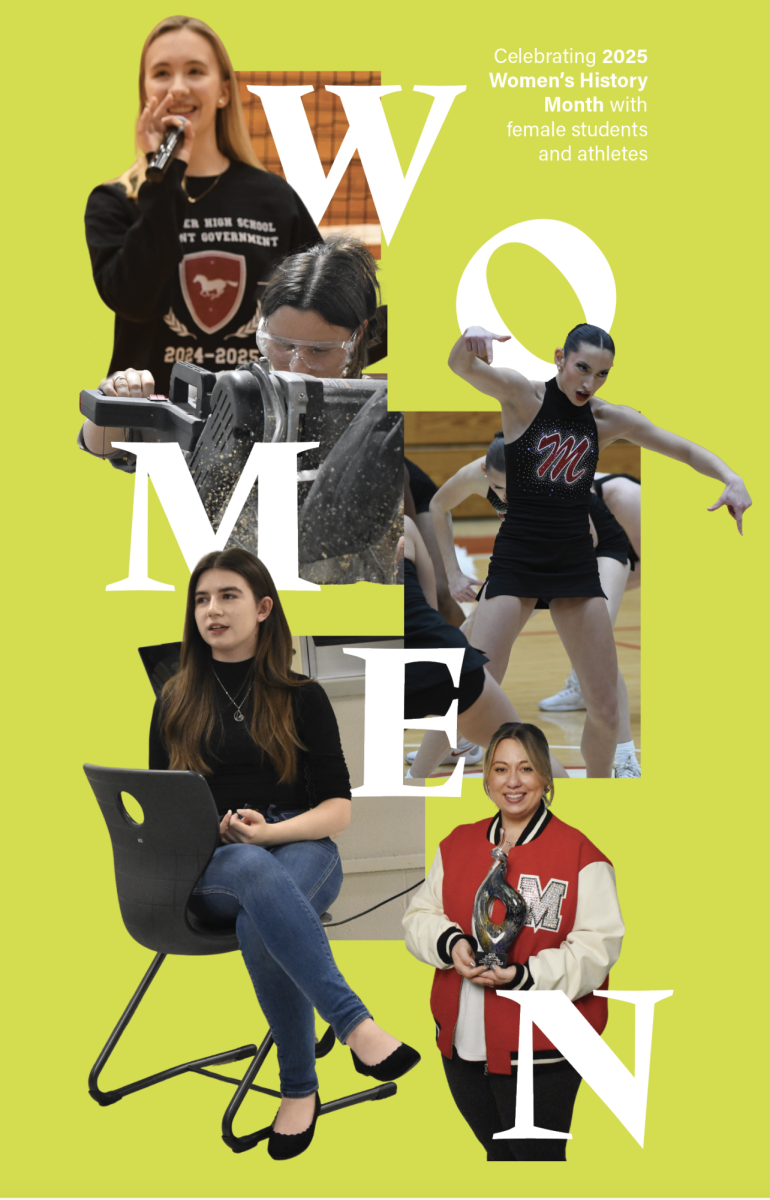
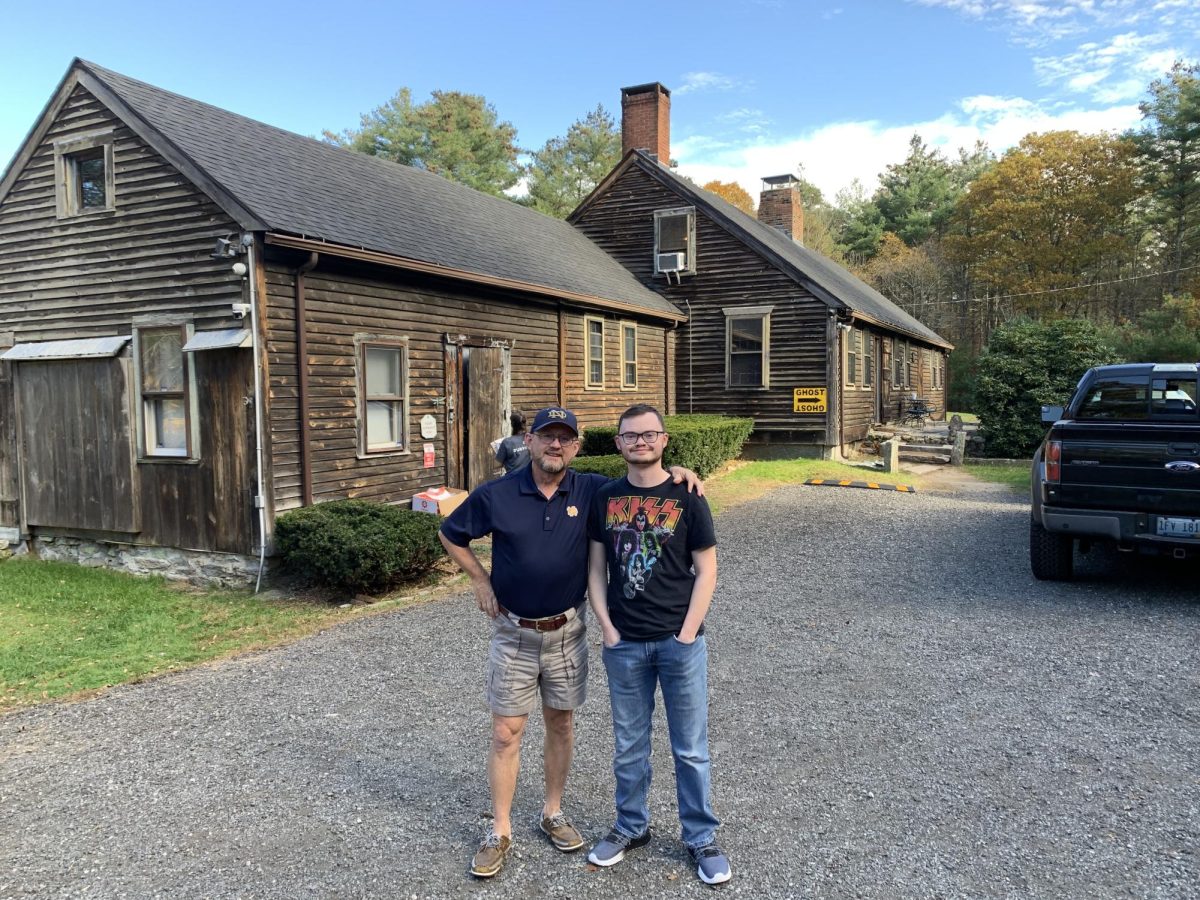
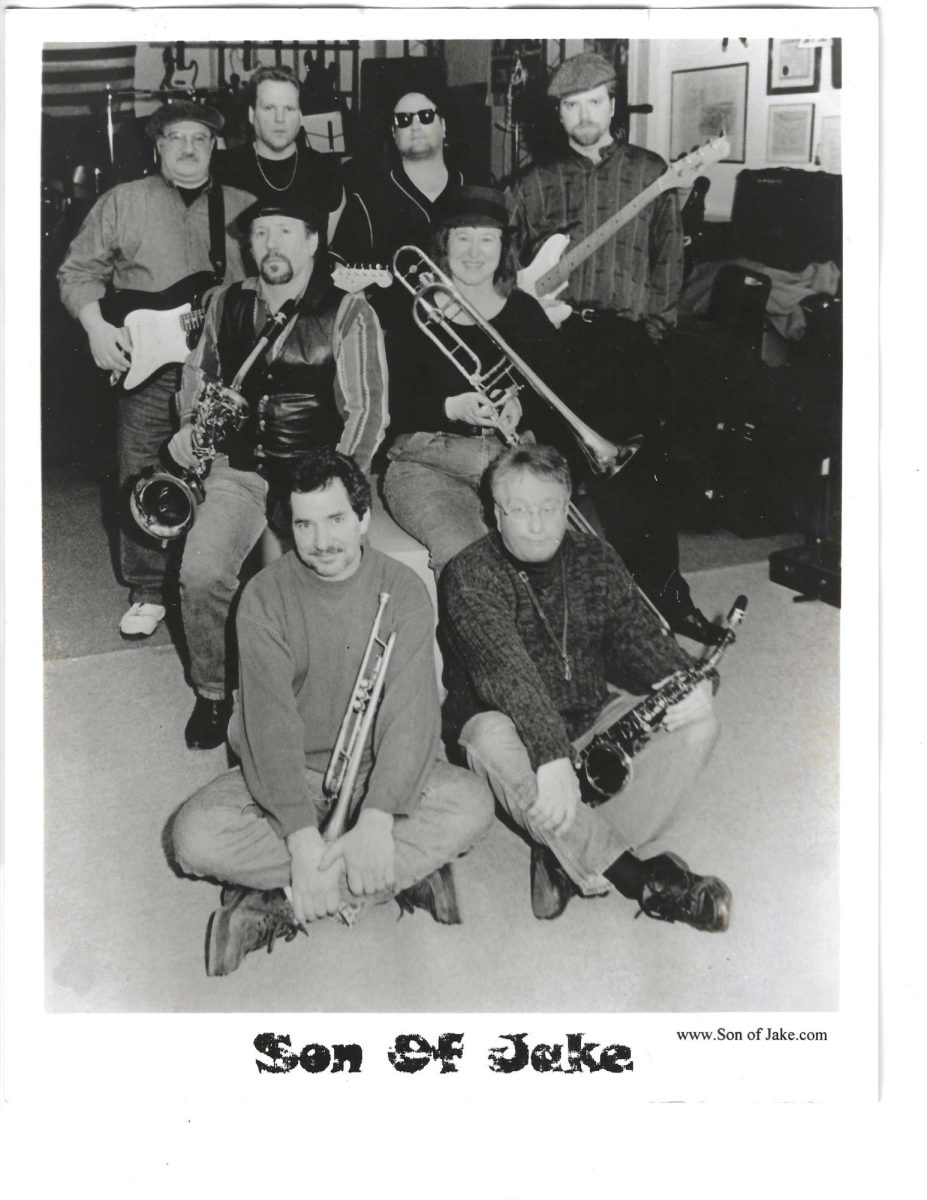
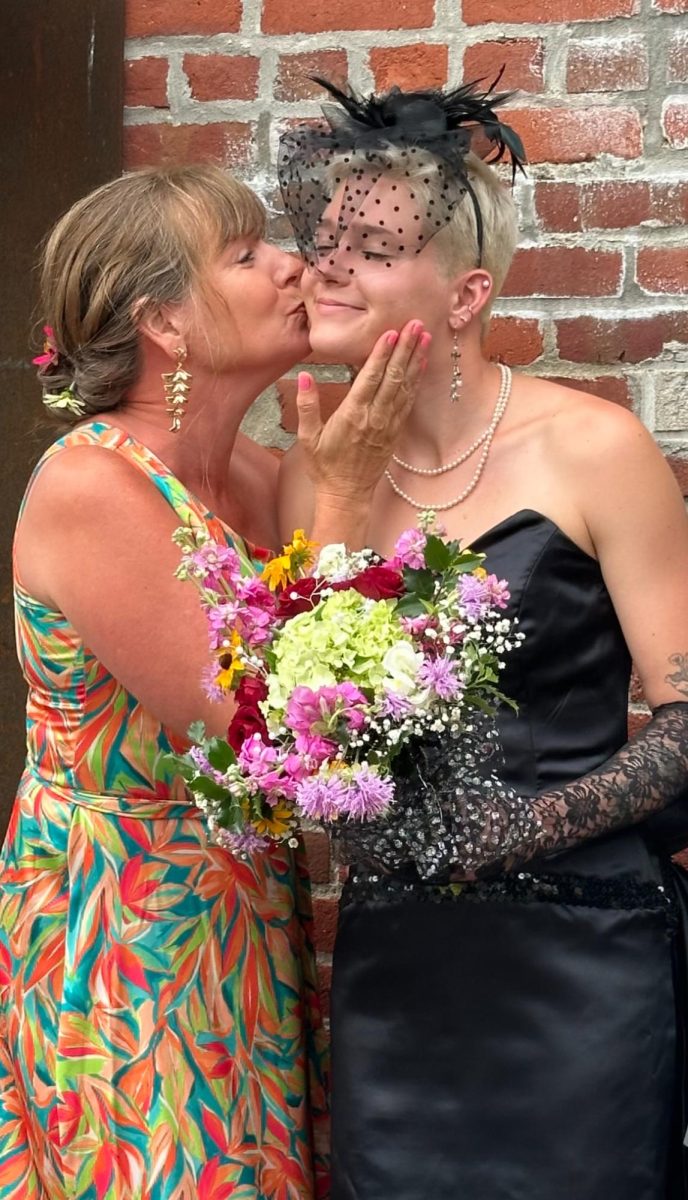

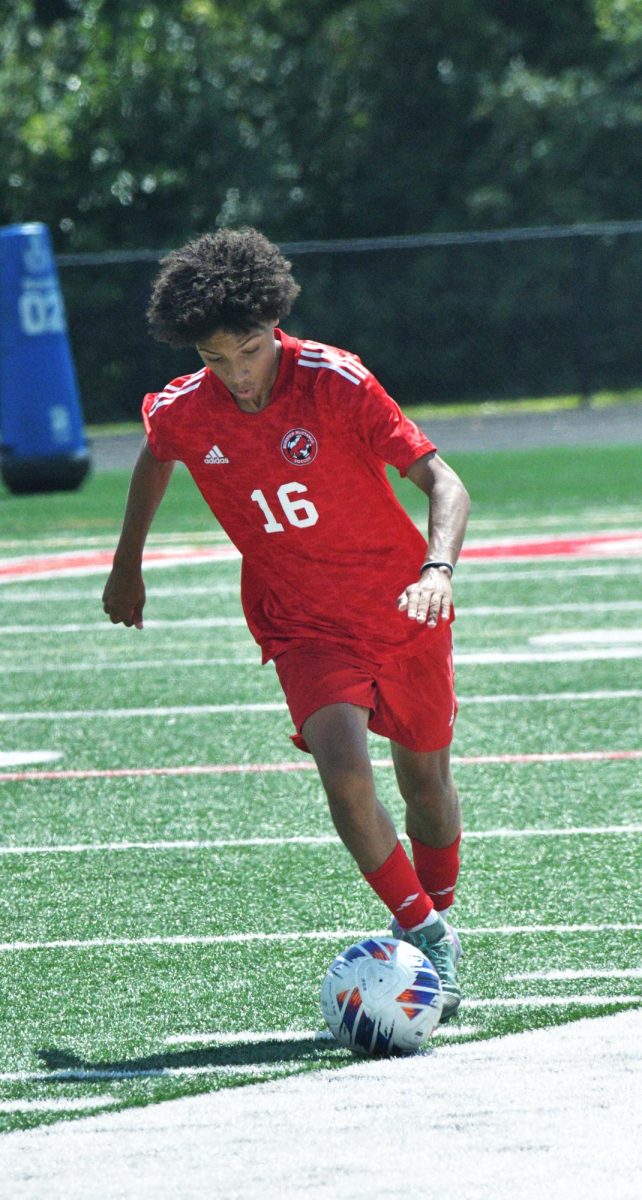
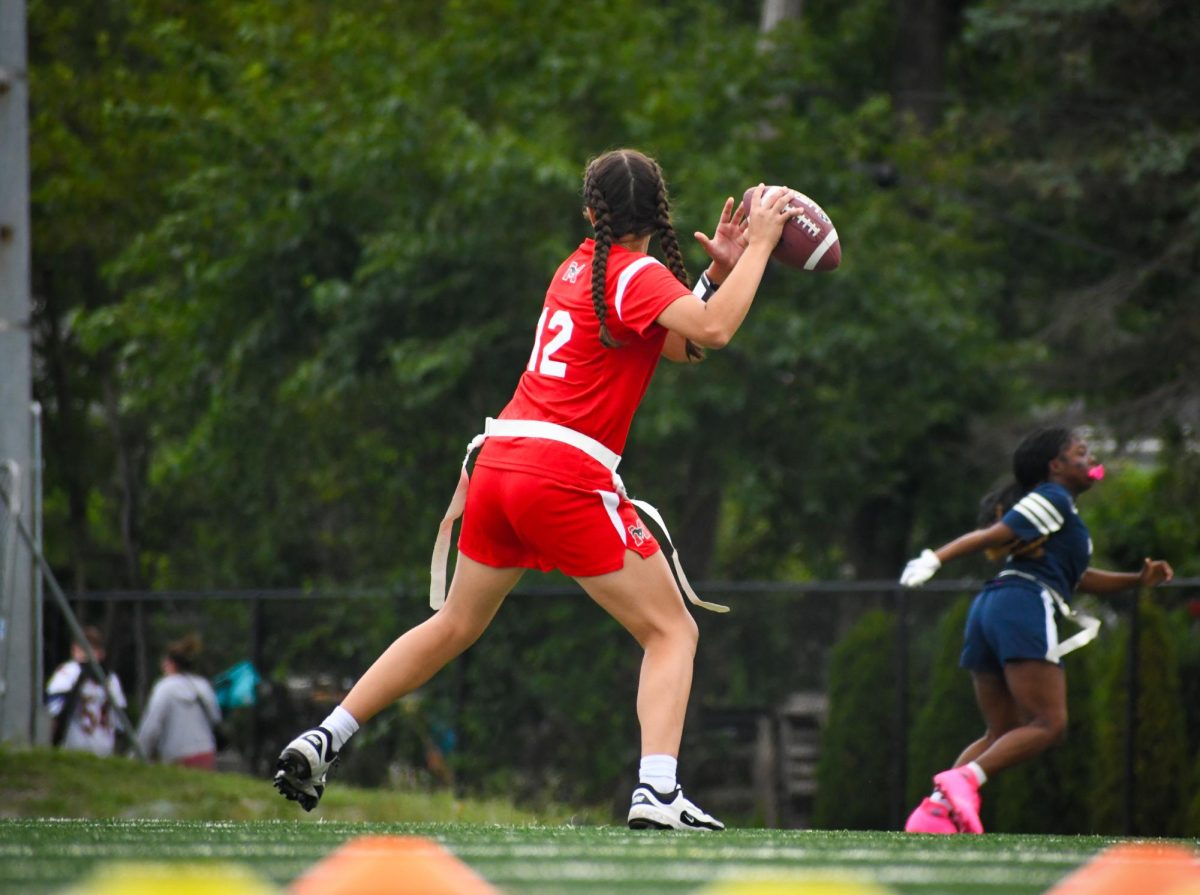
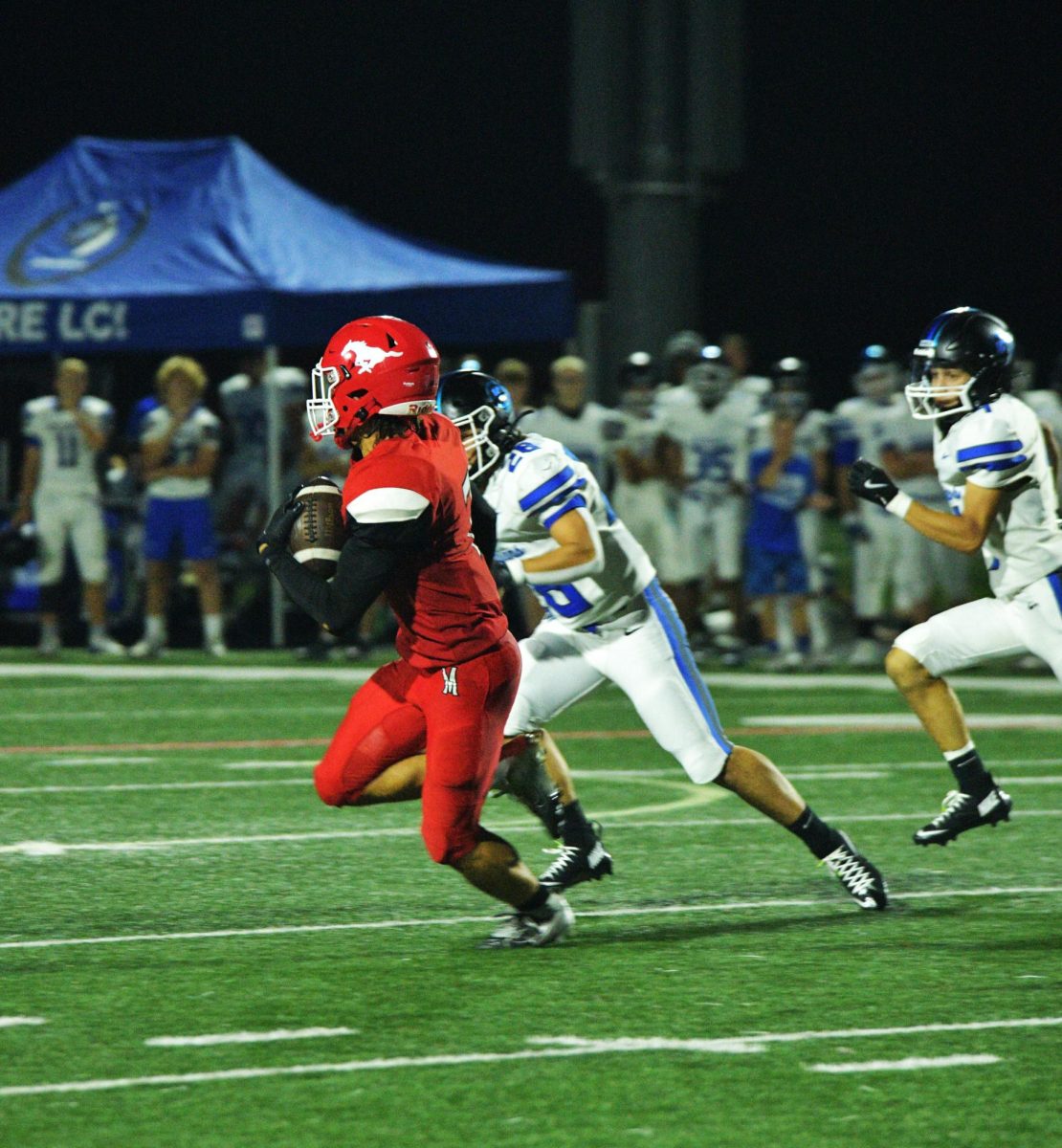

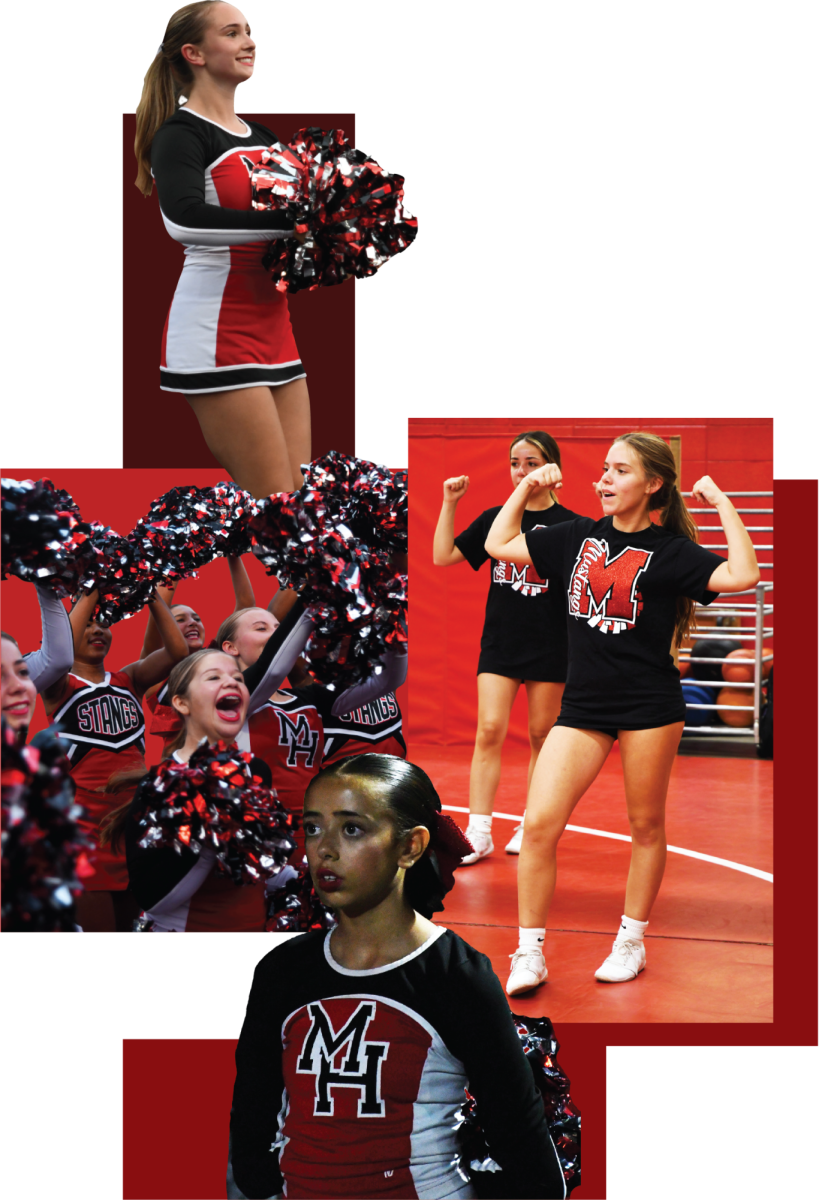
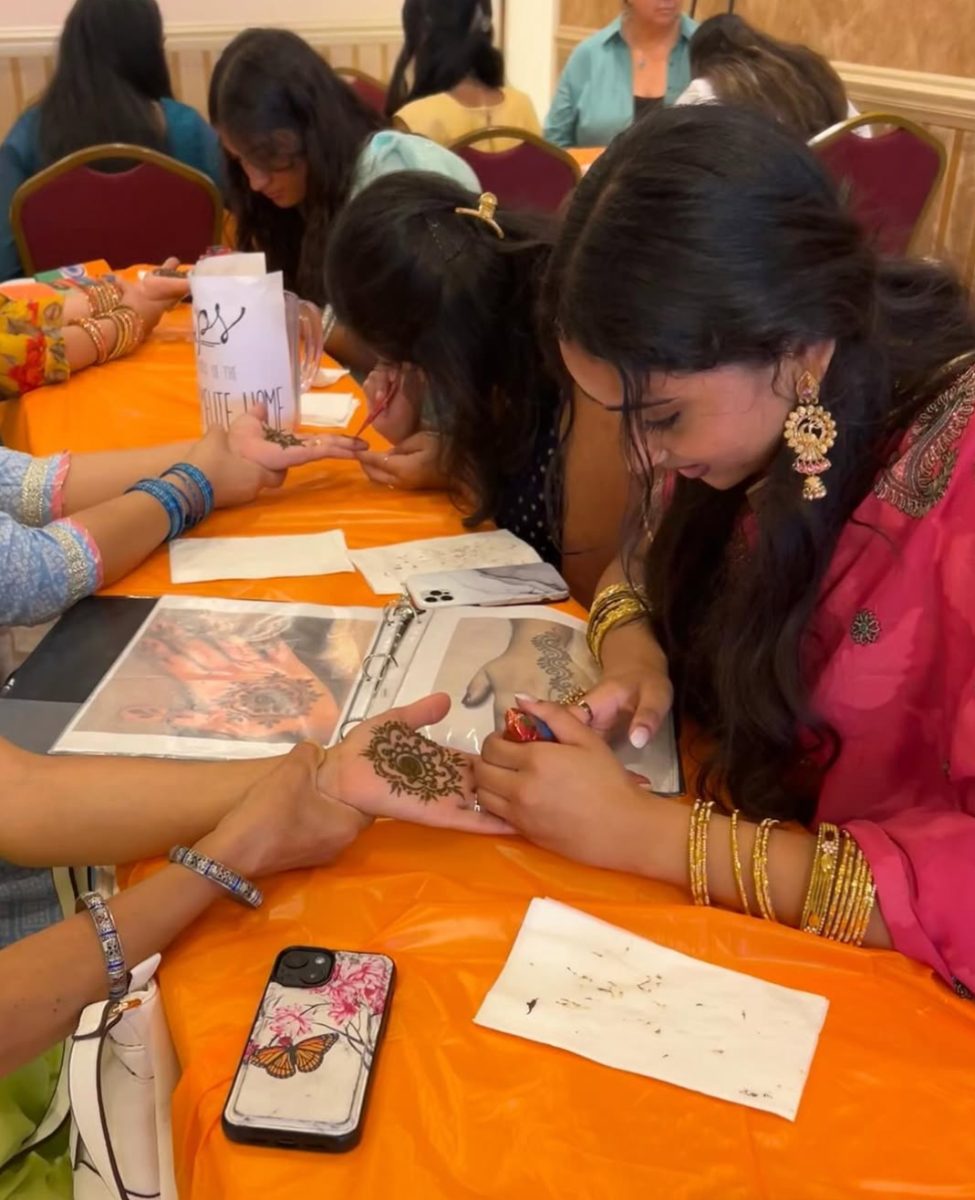
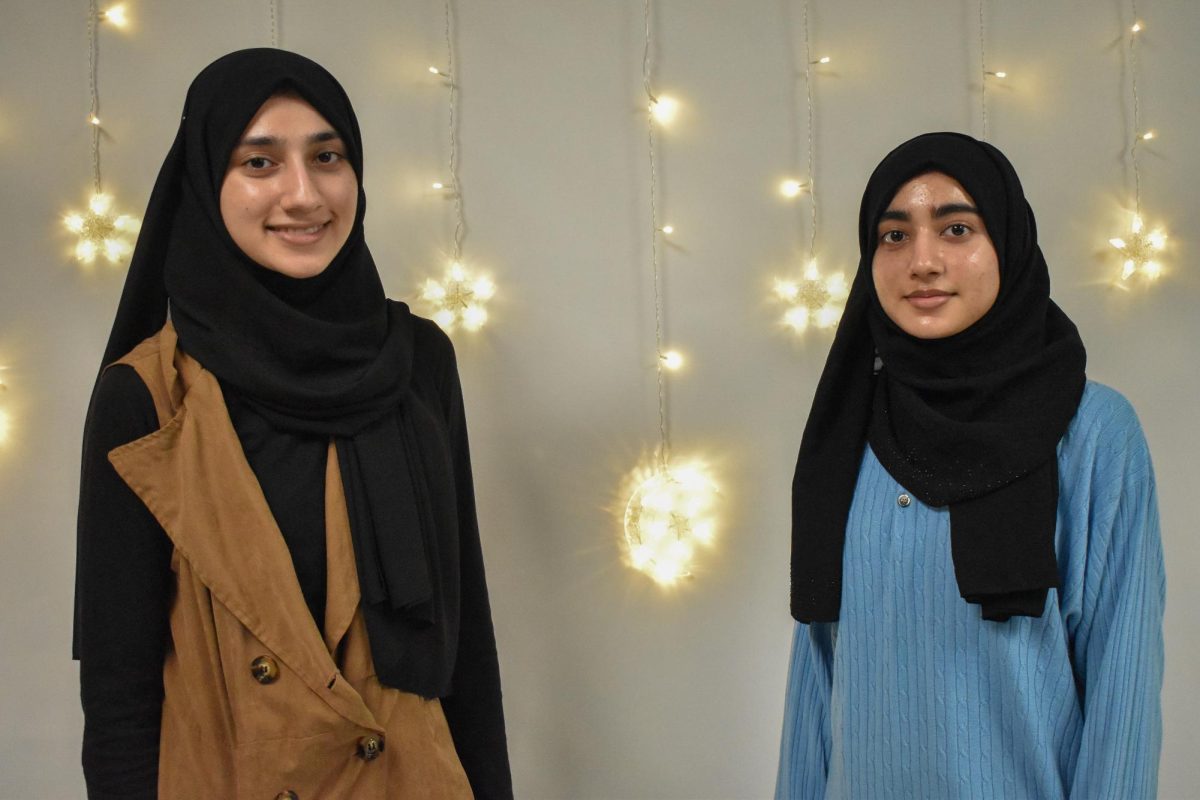
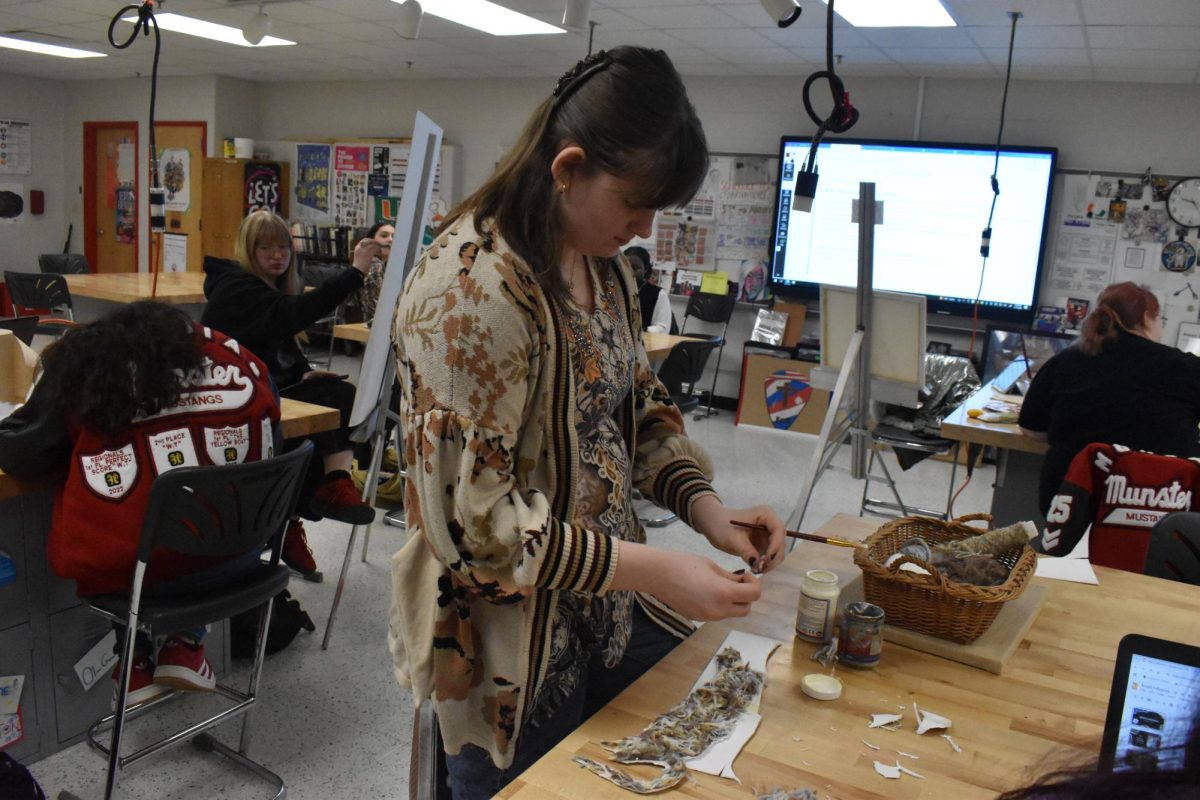

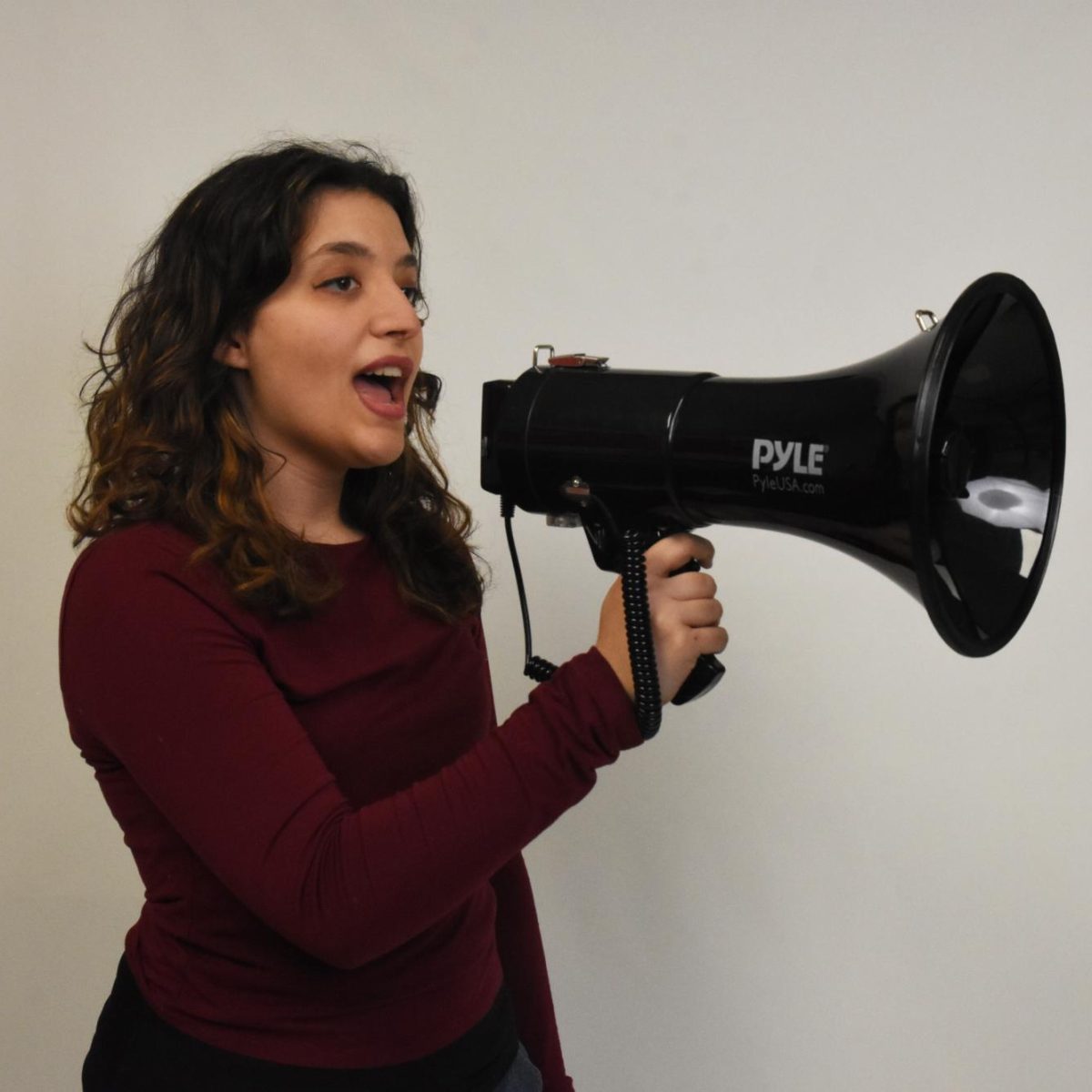
![SNAP HAPPY Recording on a GoPro for social media, senior Sam Mellon has recently started a weekly sports podcast. “[Senior] Brendan Feeney and I have been talking about doing a sports podcast forever. We love talking about sports and we just grabbed [senior] Will Hanas and went along with it,” Mellon said.](https://mhsnews.net/wp-content/uploads/2025/04/sam-892x1200.png)
